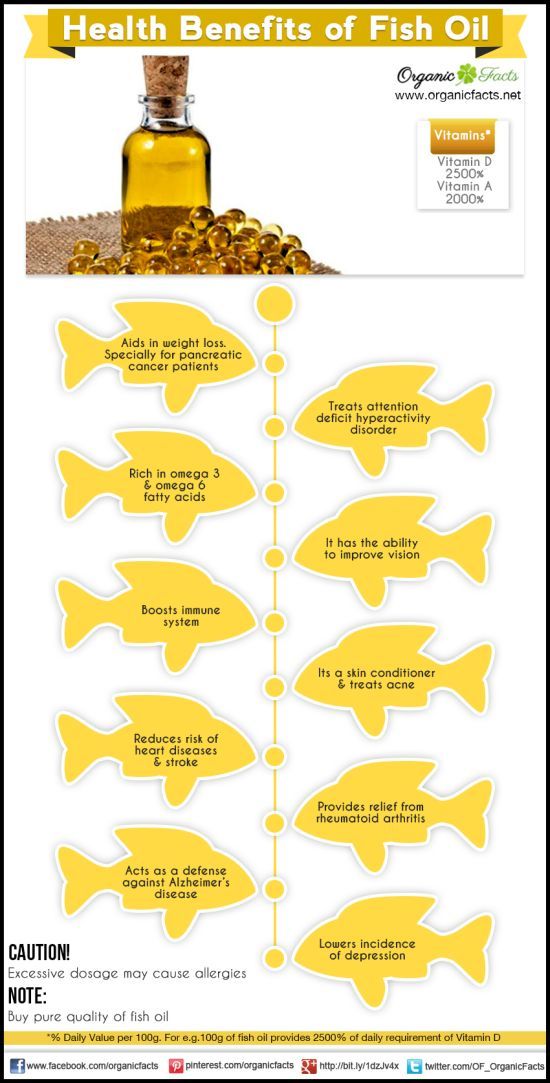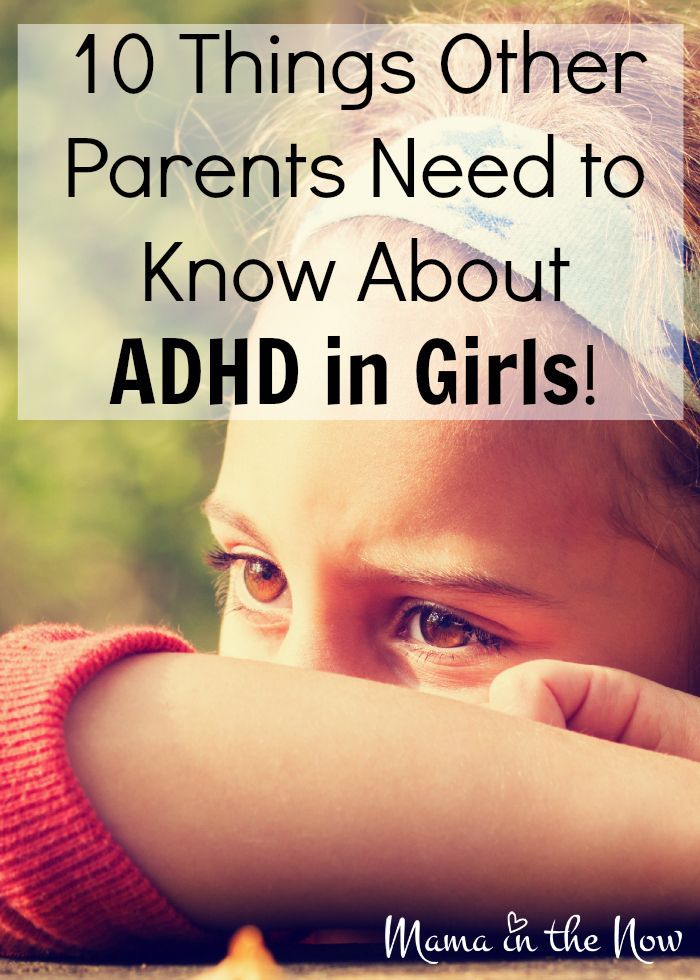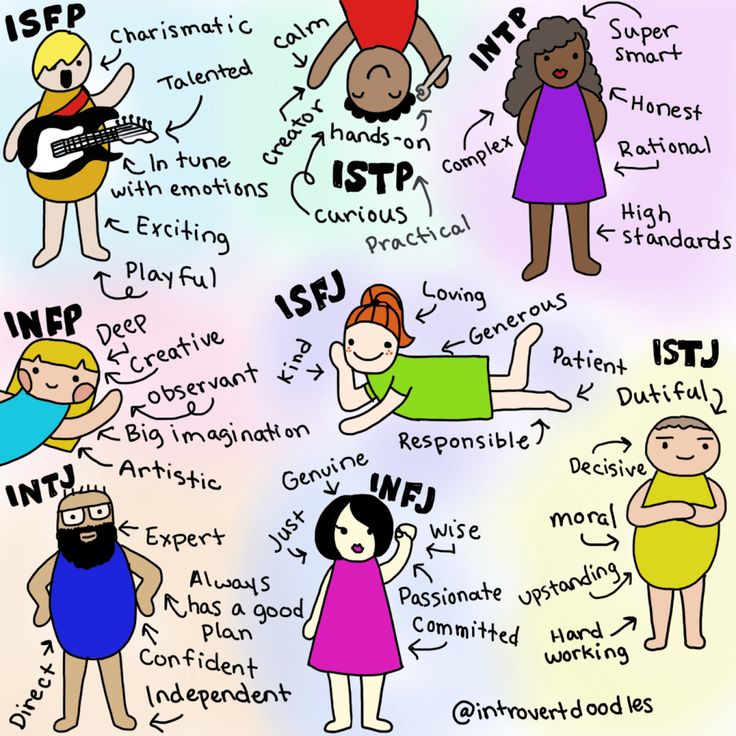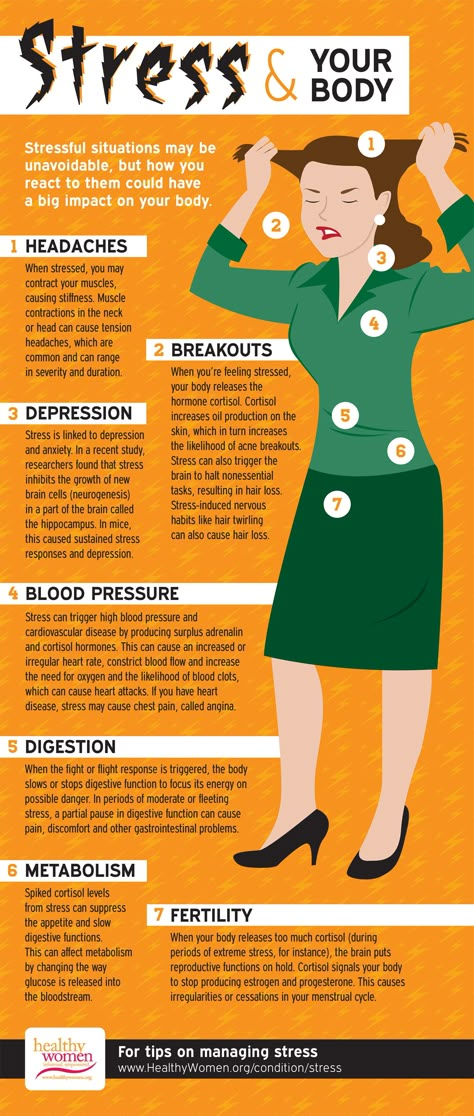Omega 3 for depression dosage
Omega-3 fatty acids for mood disorders
Omega-3 fatty acids are found primarily in fish oil and certain marine algae. Because depression appears less common in nations where people eat large amounts of fish, scientists have investigated whether fish oils may prevent and/or treat depression and other mood disorders. Two omega-3 fatty acids — eicosapentaenoic acid (EPA) and docosahexaenoic acid (DHA) — are thought to have the most potential to benefit people with mood disorders.
How might omega-3s improve depression?
Different mechanisms of action have been proposed. For example, omega-3s can easily travel through the brain cell membrane and interact with mood-related molecules inside the brain. They also have anti-inflammatory actions that may help relieve depression.
More than 30 clinical trials have tested different omega-3 preparations in people with depression. Most studies have used omega-3s as add-on therapy for people who are taking prescription antidepressants with limited or no benefit. Fewer studies have examined omega-3 therapy alone. Clinical trials typically use EPA alone or a combination of EPA plus DHA, at doses from 0.5 to 1 gram per day to 6 to 10 grams per day. To give some perspective, 1 gram per day would correspond to eating three salmon meals per week.
Meta-analyses (research that combines and analyzes results of multiple studies) generally suggest that the omega-3s are effective, but the findings are not unanimous because of variability between doses, ratios of EPA to DHA, and other study design issues. The most effective preparations appear to have at least 60% EPA relative to DHA. While DHA is thought to be less effective as an antidepressant, it may have protective effects against suicide. Recent work at Massachusetts General Hospital and Emory University suggests that depressed individuals who are overweight and have elevated inflammatory activity may be particularly good candidates for EPA treatment.
Children and adolescents with depression may also benefit from omega-3 supplementation.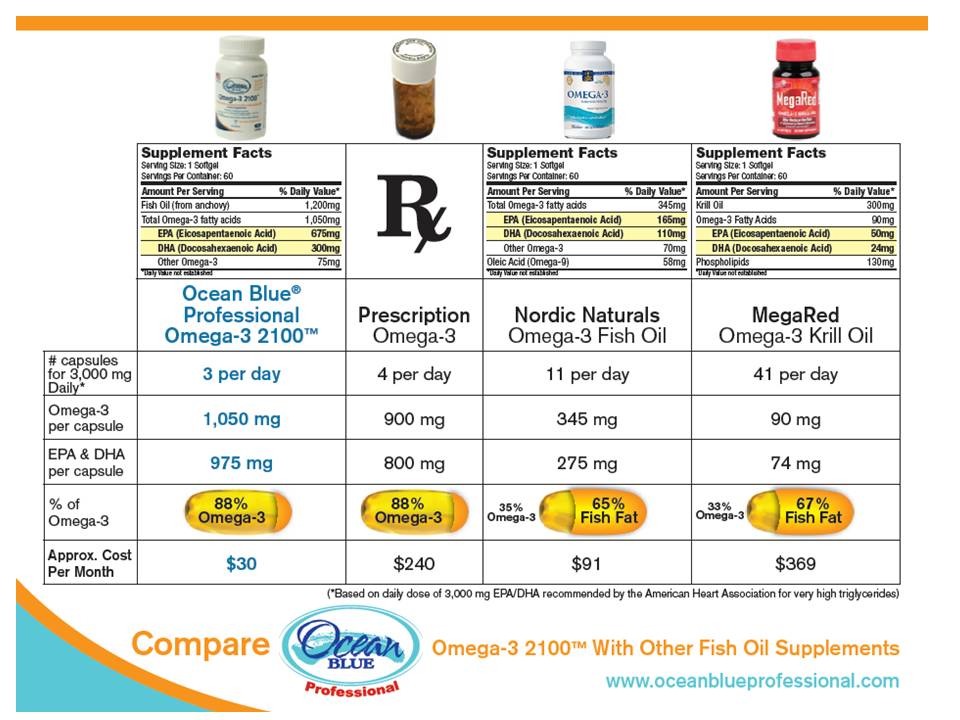 At Harvard, there is a large study underway examining whether omega-3 supplementation (alone or in combination with vitamin D) can prevent depression in healthy older adults.
At Harvard, there is a large study underway examining whether omega-3 supplementation (alone or in combination with vitamin D) can prevent depression in healthy older adults.
Omega-3s for other mental health conditions
Omega-3s have been studied in various mood disorders, such as postpartum depression, with some promising results. In bipolar disorder (manic depression), the omega-3s may be most effective for the depressed phase rather than the manic phase of the illness. The omega-3s have also been proposed to alleviate or prevent other psychiatric conditions including schizophrenia, borderline personality disorder, obsessive compulsive disorder, and attention deficit disorder. However, there is still not enough evidence to recommend the omega-3s in these conditions.
What dose of omega-3s is beneficial?
Doses for depression range from less than 1 g/day to 10 g/day, but most studies use doses between 1 and 2 g/day.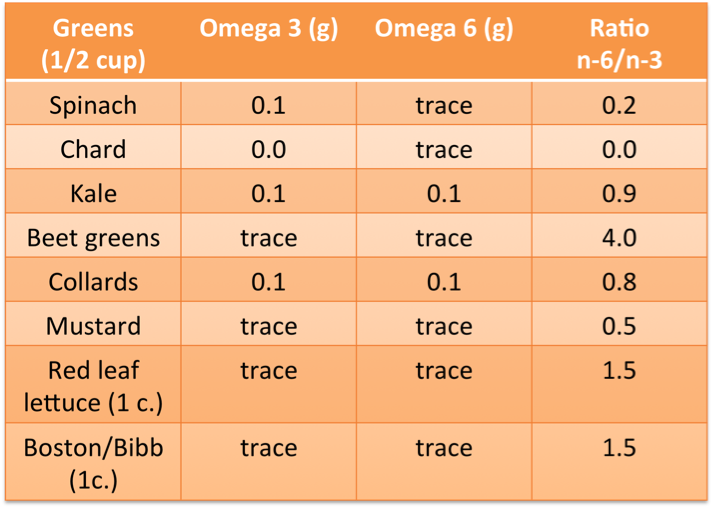 In my practice, I recommend 1 to 2 g/day of an EPA+DHA combination, with at least 60% EPA, for major depression. I am more cautious in patients with bipolar depression, because the omega-3s may bring on mania, as can most antidepressants. In these individuals, I recommend using omega-3 cautiously, and preferably in combination with a prescription mood stabilizer.
In my practice, I recommend 1 to 2 g/day of an EPA+DHA combination, with at least 60% EPA, for major depression. I am more cautious in patients with bipolar depression, because the omega-3s may bring on mania, as can most antidepressants. In these individuals, I recommend using omega-3 cautiously, and preferably in combination with a prescription mood stabilizer.
Side effects and other safety considerations
Omega-3s are generally safe and well tolerated. Stomach upset and "fishy taste" have been the most common complaints, but they are less frequent now thanks to manufacturing methods that reduce impurities. Past concerns about omega-3s increasing the risk of bleeding have been largely disproven, but caution is still advised in people taking blood thinners or who are about to undergo surgery. As mentioned, caution is needed in people with bipolar disorder to prevent cycling to mania. Because omega-3s are important to brain development, and pregnancy depletes omega-3 in expectant mothers, supplementation should theoretically benefit pregnant women and their children.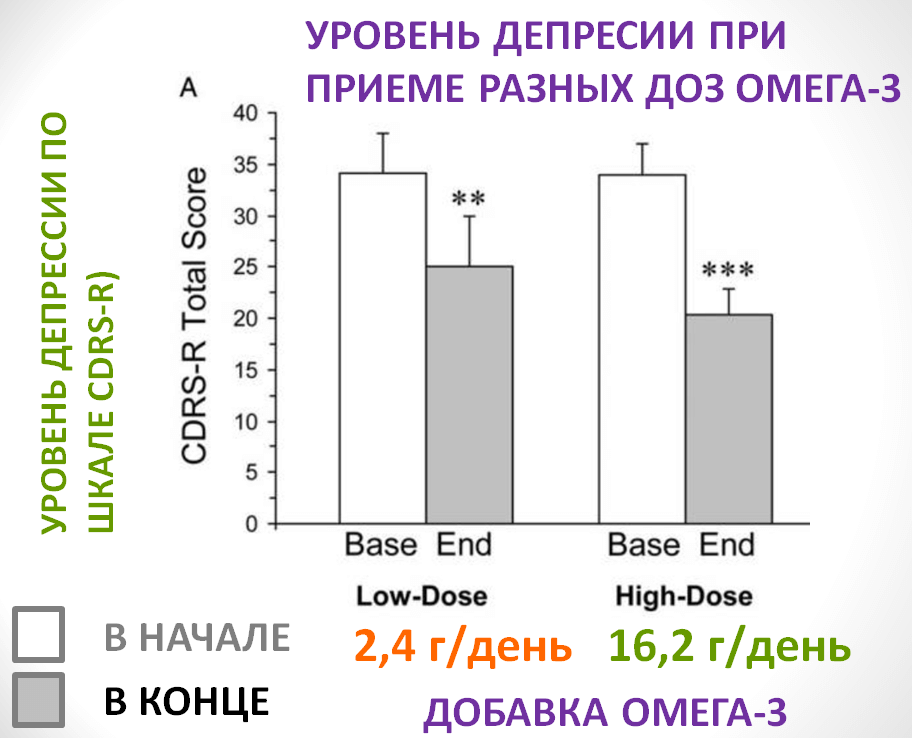 Fish consumption in pregnancy is supported by the FDA, but because we do not have long-term data on safety or optimal dosing of omega-3s in pregnancy, expectant mothers should consider omega-3 supplements judiciously.
Fish consumption in pregnancy is supported by the FDA, but because we do not have long-term data on safety or optimal dosing of omega-3s in pregnancy, expectant mothers should consider omega-3 supplements judiciously.
The bottom line on omega-3s and mental health
Omega-3 fatty acids are promising natural treatments for mood disorders, but we need more research about how they work, how effective they really are, and their long-term safety before we can make conclusive recommendations for people managing mental health conditions or who wish to improve mood.
SAMHSA’s National Helpline | SAMHSA
Your browser is not supported
Switch to Chrome, Edge, Firefox or Safari
Main page content
-
SAMHSA’s National Helpline is a free, confidential, 24/7, 365-day-a-year treatment referral and information service (in English and Spanish) for individuals and families facing mental and/or substance use disorders.

Also visit the online treatment locator.
SAMHSA’s National Helpline, 1-800-662-HELP (4357) (also known as the Treatment Referral Routing Service), or TTY: 1-800-487-4889 is a confidential, free, 24-hour-a-day, 365-day-a-year, information service, in English and Spanish, for individuals and family members facing mental and/or substance use disorders. This service provides referrals to local treatment facilities, support groups, and community-based organizations.
Also visit the online treatment locator, or send your zip code via text message: 435748 (HELP4U) to find help near you. Read more about the HELP4U text messaging service.
The service is open 24/7, 365 days a year.
English and Spanish are available if you select the option to speak with a national representative.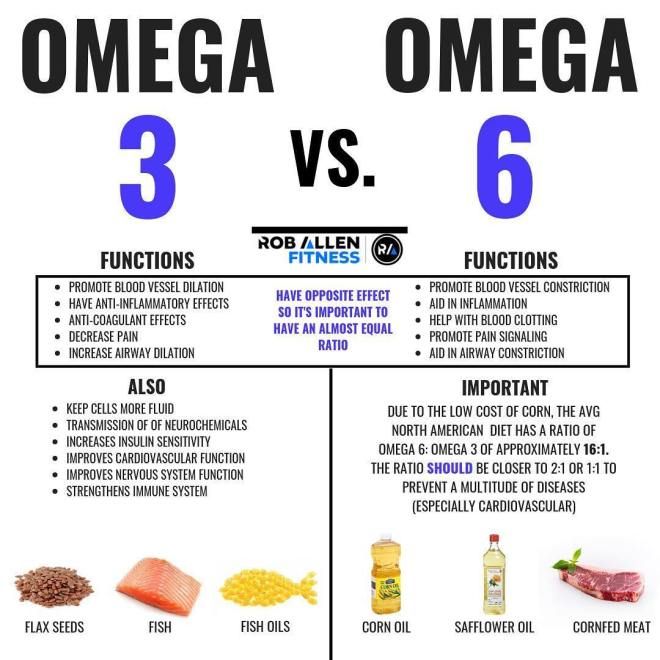 Currently, the 435748 (HELP4U) text messaging service is only available in English.
Currently, the 435748 (HELP4U) text messaging service is only available in English.
In 2020, the Helpline received 833,598 calls. This is a 27 percent increase from 2019, when the Helpline received a total of 656,953 calls for the year.
The referral service is free of charge. If you have no insurance or are underinsured, we will refer you to your state office, which is responsible for state-funded treatment programs. In addition, we can often refer you to facilities that charge on a sliding fee scale or accept Medicare or Medicaid. If you have health insurance, you are encouraged to contact your insurer for a list of participating health care providers and facilities.
The service is confidential. We will not ask you for any personal information. We may ask for your zip code or other pertinent geographic information in order to track calls being routed to other offices or to accurately identify the local resources appropriate to your needs.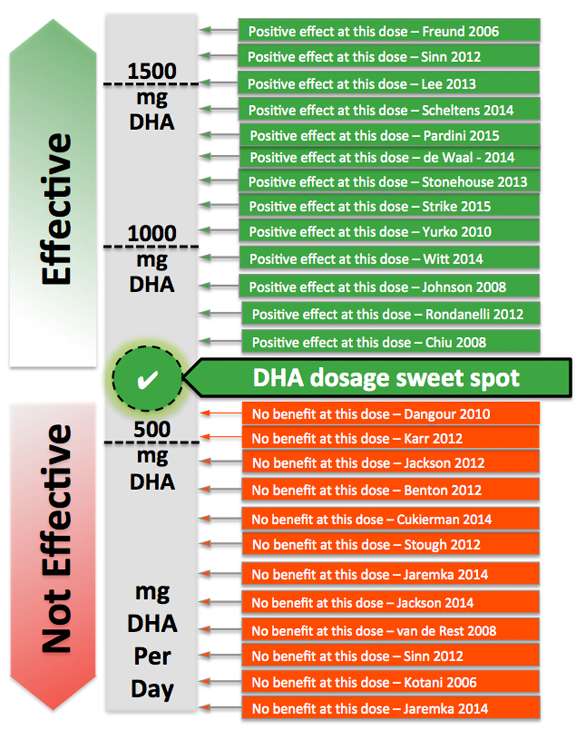
No, we do not provide counseling. Trained information specialists answer calls, transfer callers to state services or other appropriate intake centers in their states, and connect them with local assistance and support.
-
Suggested Resources
What Is Substance Abuse Treatment? A Booklet for Families
Created for family members of people with alcohol abuse or drug abuse problems. Answers questions about substance abuse, its symptoms, different types of treatment, and recovery. Addresses concerns of children of parents with substance use/abuse problems.It's Not Your Fault (NACoA) (PDF | 12 KB)
Assures teens with parents who abuse alcohol or drugs that, "It's not your fault!" and that they are not alone. Encourages teens to seek emotional support from other adults, school counselors, and youth support groups such as Alateen, and provides a resource list.After an Attempt: A Guide for Taking Care of Your Family Member After Treatment in the Emergency Department
Aids family members in coping with the aftermath of a relative's suicide attempt.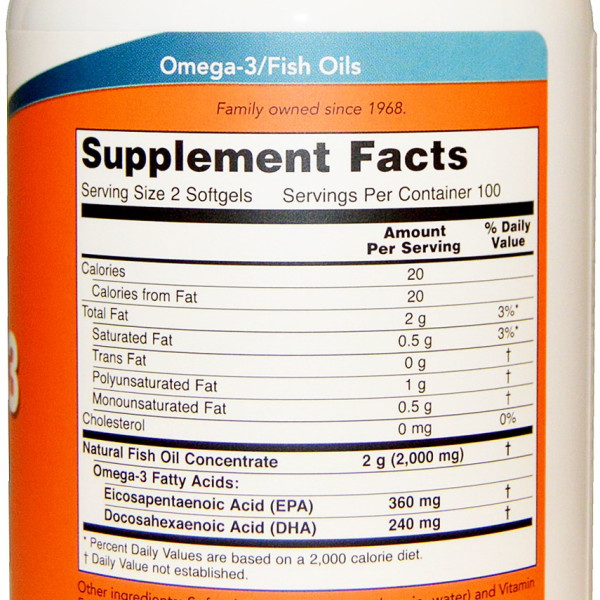 Describes the emergency department treatment process, lists questions to ask about follow-up treatment, and describes how to reduce risk and ensure safety at home.
Describes the emergency department treatment process, lists questions to ask about follow-up treatment, and describes how to reduce risk and ensure safety at home.Family Therapy Can Help: For People in Recovery From Mental Illness or Addiction
Explores the role of family therapy in recovery from mental illness or substance abuse. Explains how family therapy sessions are run and who conducts them, describes a typical session, and provides information on its effectiveness in recovery.For additional resources, please visit the SAMHSA Store.
Last Updated: 08/30/2022
90,000 basic properties and what is the use? Natural fish oil.
Useful blog about maintaining health.
tradition of a healthy life
Omega-3 Alhadaya
Blog
About the company
WhatsAppMailPhone14.03.2022
According to WHO, the incidence of depression in Kazakhstan is 4.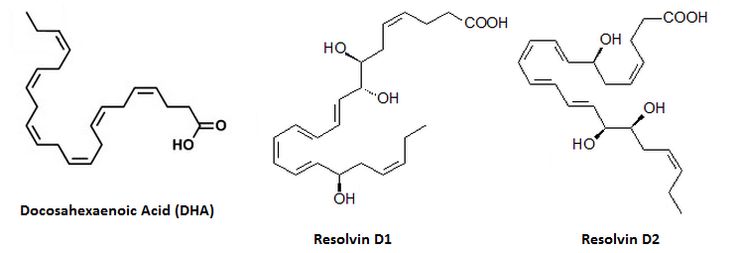 4% among the adult population of the country. Among the drugs for treatment, a group of drugs is used - antidepressants, but they are released strictly by prescription, have many contraindications, and are addictive. nine0004
4% among the adult population of the country. Among the drugs for treatment, a group of drugs is used - antidepressants, but they are released strictly by prescription, have many contraindications, and are addictive. nine0004
One alternative is Omega-3 Fatty Acids, an all-natural product without synthetic additives that will help prevent depressive disorders and speed up recovery if the disease has not been avoided.
What is Omega-3?
The Omega-3 class includes polyunsaturated fatty acids (PUFAs), which are necessary for the human body for harmonious development. More than 15 PUFAs are known, but not all components are equally important for health. The following fatty acids are considered essential:
- DHA (docosahexaenoic polyunsaturated fatty acid).
- EPA (eicosapentaenoic acid).
- α-linolenic acid.
- DPA (docosapentaenoic acid).
Omega 3 in depression has a positive effect, as it protects nerve cells from destruction.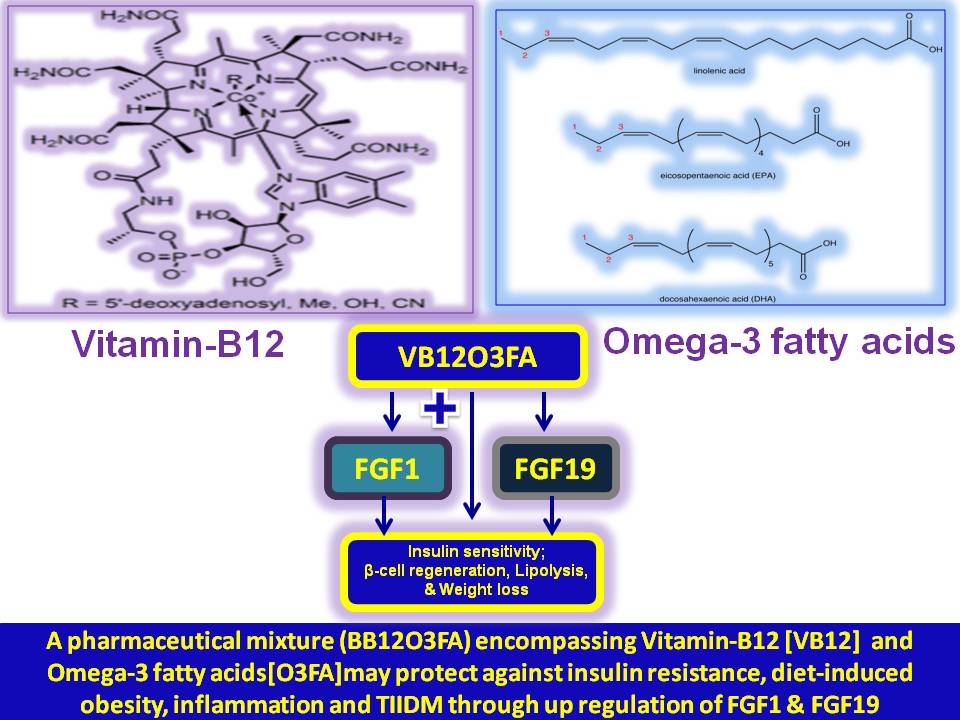 The daily requirement for PUFA for an adult is from 1.6 to 2 grams. The ratio of different PUFAs in Alhadaya Omega-3 capsules is well balanced, since the dosage is determined by nature itself. The raw material for the drug is salmon caught in the White Sea, there are no synthetic substances in the drug. nine0004
The daily requirement for PUFA for an adult is from 1.6 to 2 grams. The ratio of different PUFAs in Alhadaya Omega-3 capsules is well balanced, since the dosage is determined by nature itself. The raw material for the drug is salmon caught in the White Sea, there are no synthetic substances in the drug. nine0004
Fish oil, well known to the older generation, is the same Omega-3 group. Let's explain - the Omega-3 product contains natural fish oil in a soft gelatin shell.
Benefits of Omega 3 for depression
Omega-3 is not a complete cure for depression. But as a preventive measure, it is indispensable. The PUFA complex stimulates metabolism, helps the full absorption of vitamins, micro-macro-elements in the body. Significant for the mental health of a person are the following functions of the drug:
inhibition of production of stress hormones and acceleration of production of serotonin;
increased efficiency and general well-being;
stimulation of the brain and nervous system;
improvement of cognitive functions;
an obstacle to neuronal degeneration.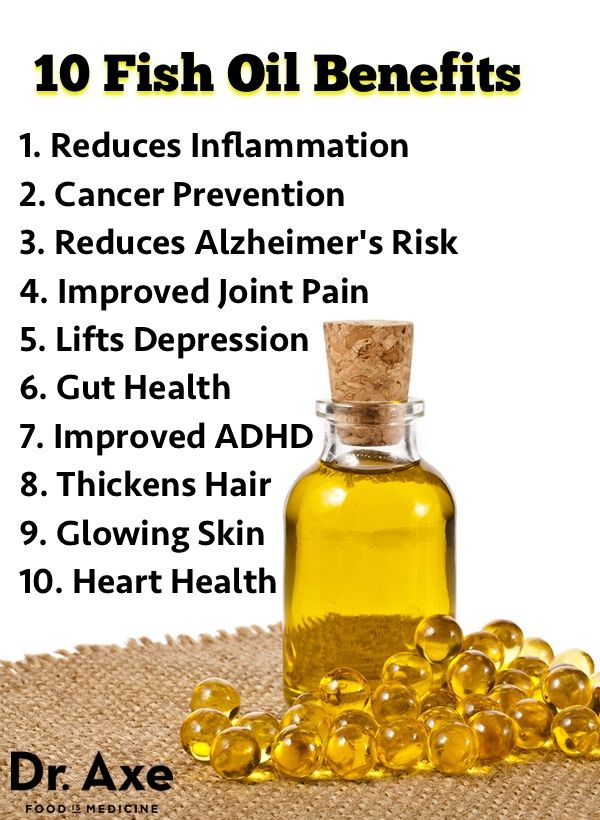
Regulation of lipid metabolism, lowering cholesterol, strengthening the walls of blood vessels, antioxidant properties are also important for the prevention and treatment of depressive disorders. It can be argued that with a sufficient content of PUFAs in the body, depression is not terrible for you. nine0004
How to choose the right Omega-3?
It is difficult to choose among the huge modern range of PUFA additives. The "correct" drug should be made from animal raw materials, it should not contain synthetic additives and harmful impurities. The supplement should contain the correct ratio of DHA to EPA that is optimal for health. The form of release matters - the drug in liquid form is difficult to take and dose, capsules are easy to use and the dose of PUFAs in them is strictly defined. Taking the capsules does not cause discomfort, you will not suffer from a fishy smell and aftertaste. Alhadaya Omega 3 has all the benefits listed above.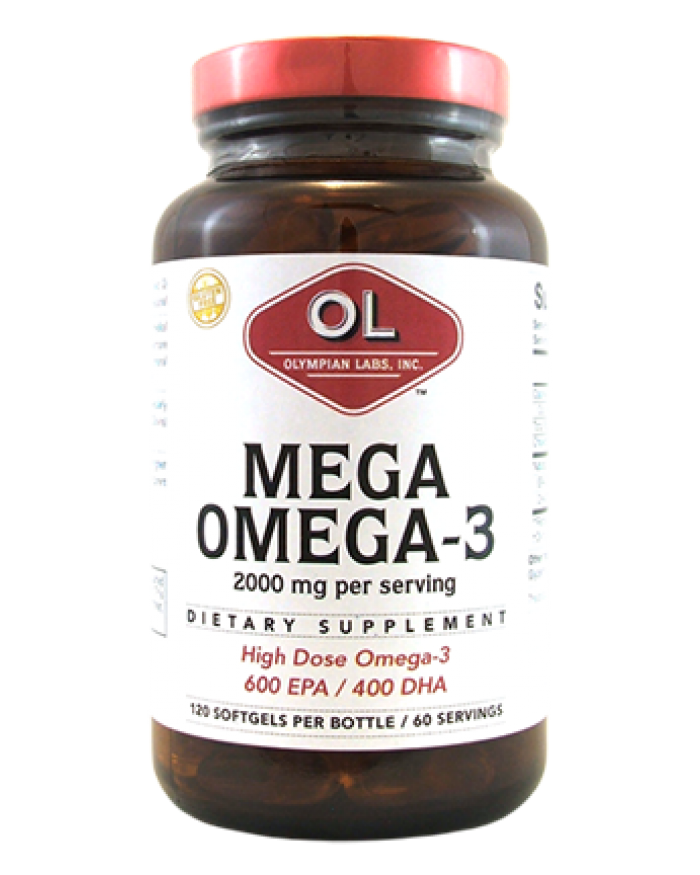 nine0004
nine0004
How to take Omega-3?
You can take Omega-3 in courses of 3-4 months or continuously. If you do not exceed the daily dosage, the supplement can be consumed daily, for a long time.
1
If you buy a liquid product, remember that it will degrade when exposed to light, so keep it in a dark place in a container with a narrow neck. Fish oil oxidizes in the air.
2
Daily dosage for adults 1.6 to 2 grams. On the package, carefully read the content of PUFA in the product. nine0004
3
It is best to take Omega-3 in the morning or afternoon, with meals. It is better to do this in the morning, the product is still fatty.
4
If you eat oily fish 2-3 times a week, the Omega-3 dosage can be reduced or eliminated.
5
A personal specialist will help you clarify the nuances of using the product, who will advise you throughout the course of treatment if you purchase the product on the Alhadaya website.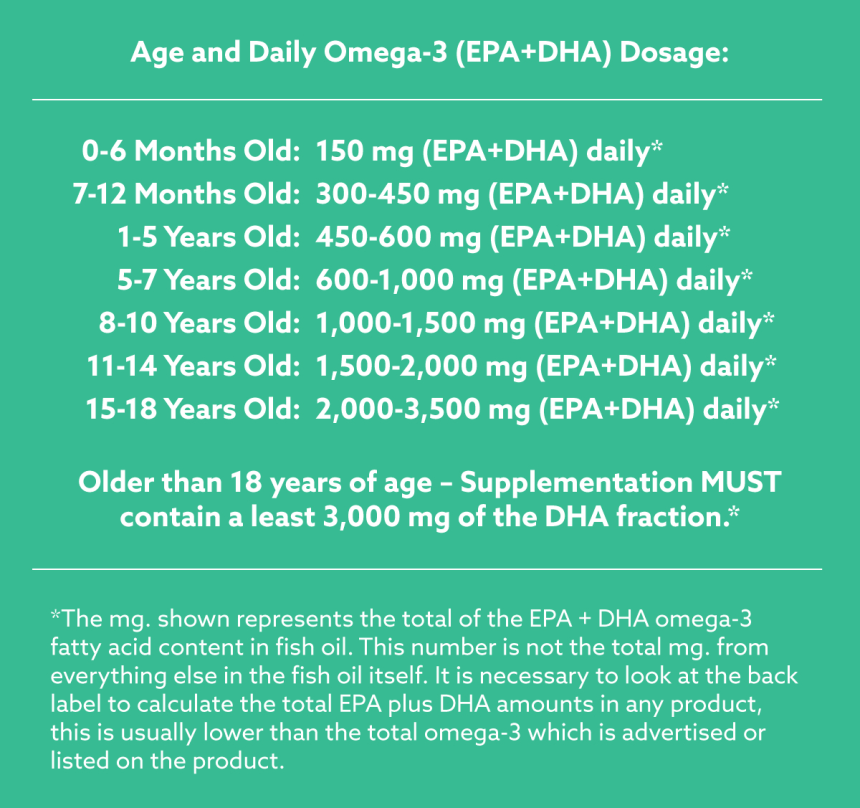 A pleasant nuance - delivery in Almaty and other cities of Kazakhstan is free. nine0004
A pleasant nuance - delivery in Almaty and other cities of Kazakhstan is free. nine0004
In addition to a positive effect on the body during depression, Omega-3 also has a general healing effect. Stimulation of immunity, strengthening of muscles and bones, improvement of skin and bones are important not only for the adult population. Children need PUFAs, but in a smaller dosage. Get Omega-3 for the whole family, it will help to avoid many diseases and fill life with new colors.
Omega-3
Book an Omega-3 Alhadaya course consultation and get a 10% to 30% discount on your first purchase! nine0004
You will also be interested
Subscribe to the newsletter and be the first to be notified about blog updates
We are on Instagram
subscribe
- About Alhadaya
- Alhadaya Black Seed Oil
- Alhadaya. Omega-3
- Alhadaya. Kyst Al-Hindi Oil
- Blog Black Seed Oil
- Omega-3 Blog
- Blog Kyst Al-Hindi Oil
- +7 708 312 65 12
- info@alhadaya.
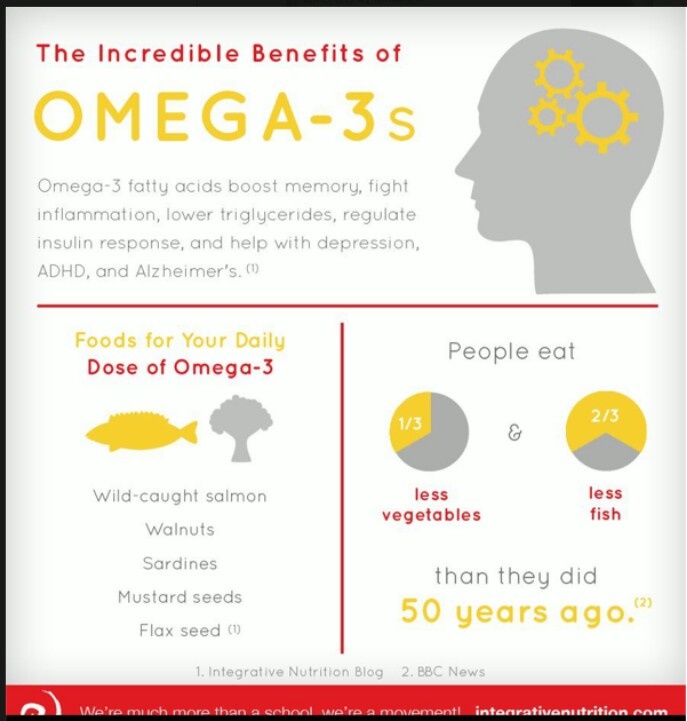 kz
kz - Almaty, st. Timiryazeva, 69
© LLP "Alhadaya".
All rights reserved 2018-2022
Omega for depression and stress. The most useful omega for adults!
Sharing a very useful find! I found a special omega for us adults. You asked me in the comments about anxiety, and this is exactly the key that we need.
I immediately noticed the useful omega-3s for adult girls with the telling name Mood, translated from English it will be Mood, disposition . Omegas for good mood and well-being, without stress.
Here it is:
⇒ Country Life, Omega 3 Mood, Natural Lemon Flavored
Manufacturer claims depression omega supplement helps support:
- Emotional health
- Brain Health
- Good mood
This supplement has the highest EPA, eicosapentaenoic acid. The daily dosage (2 capsules) contains 1000 mg of EPA and a total of 150 mg of DHA. nine0004
You know that fish oil contains two acids, EPA and DHA, so they are usually considered together.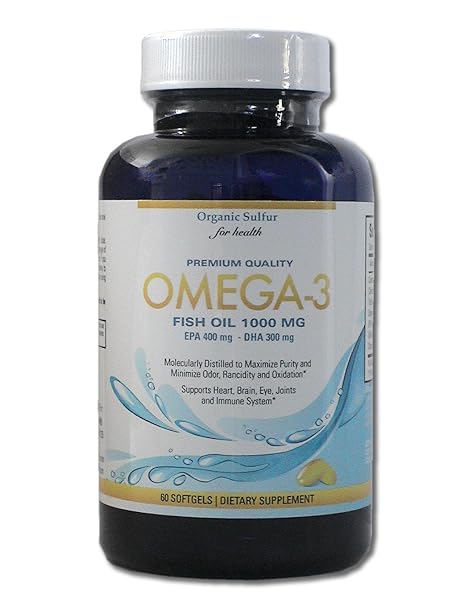 However, scientists have found that each of these acids has its own unique properties, and in different situations, you can choose which omega-3 acid is more important.
However, scientists have found that each of these acids has its own unique properties, and in different situations, you can choose which omega-3 acid is more important.
In this section you can buy ready-made supplement programs
If DHA is of particular importance for the health of the brain and eyes (and therefore so vital for newborns and children for proper brain and eye development), then EPA has pronounced anti-inflammatory properties, and responsible for the health of the nervous system and emotional mood. nine0004
While DHA thins the blood and lowers blood pressure (at high doses), EPA has shown good results in emotional disorders, including in depression . It is depression and cardiovascular disease that are often associated with a lack of consumption of omega acids.
Another study showed that taking fish oil reduced anger and aggressiveness in people with a history of aggressive behavior: drug abuse and problems with the law. nine0004
Most of us don't care, but it's worth standing in a traffic jam or in a queue to notice signs of aggressiveness in the most ordinary people.
The use of EPA can improve well-being in postpartum depression, with a bad mood in the elderly. As well as improve well-being and increase energy in chronic fatigue syndrome . Accelerates recovery after viral colds and past illnesses.
Omega dosage for depression
What dosage of EPA is effective for depression and other emotional disorders?
Important! Effective dosage: 1000 - 2000 mg of EPA per day, and a minimum amount of DHA. Because it is in the treatment of depression that DHA blocks the action of EPA and the results will be very small. This is the whole point.
I looked at omega supplements on iHerb and in addition to Country Life, Omega 3 Mood, Natural Lemon Flavored with high EPA dosage, there is Nordic Naturals, EPA Xtra Lemon, but more expensive. All others have a low concentration of essential acid.